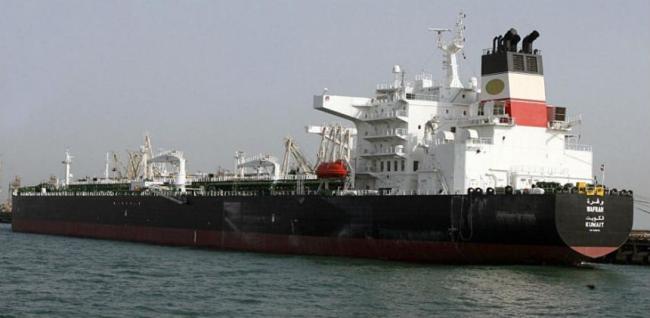Exploring the Human Element of the Oceans: The Gender Implications of the Law of the Sea
25-26 May 2017
Università degli Studi di Milano-Bicocca, Milano, Italy
Call for Papers
The School of Law, University of Milano-Bicocca is organising a two-days conference on the gender implications of the law of the sea, to be held in Milan (Italy) on 25-26 May 2017.
Concept
The conference stems from an empirical consideration: international law of the sea, including maritime law, has been traditionally silent about the role played by women at sea, and this is very much the case still today. Regulation is scant and scholarly research almost non-existent. The growing interest of scholars in the analysis of law of the sea and maritime law from a more human-oriented approach, in an attempt to integrate the human element into the law of the sea rules, has led to multiple interconnections between these two fields and international human rights law. However, none of these efforts have broached the impact of gender and women at sea. Yet, the issue is far from idle: women are increasingly accessing maritime careers and states and private actors are faced with the ensuing issues. In particular, the contribution of women in small- and medium-scale commercial fisheries is paramount, although often unrecognised and unregulated. The role of women as active agents and participants has been overlooked and international law of the sea still largely qualifies as a “male affair”. At the same time,
women constitute also a vulnerable group in international law of the sea, as they are more likely to be subject to trafficking, torture, and sexual abuses at seas, whether they end up there as seafarers, members of national navies, passengers or victims of trafficking.
Furthermore, after the 1995 Beijing Declaration and Platform for Action set the agenda for reaching women’s rights, gender equality has been placed at the frontline on the 2000 Millennium Development Goals. The MDG call upon the UN, the international community and civil society to adopt action and policies of gender mainstreaming tailored to achieve the equality commitments. At the institutional level, the need to recognise and strengthen the capacity of women in the maritime sector is currently addressed by the International Maritime Organization, the International Labour Organization and the Food and Agriculture Organization, and has been recently recalled also by the Secretary General of the United Nations in his 2014 and 2015 Reports to the General Assembly on Oceans and Law of the Sea.
The purpose of the conference is therefore to open up this field of research to the academic and professional communities, by mapping the existing international legal framework and discussing whether existing norms provide adequate protection for both women and men at sea and sufficient tools to strengthen their capacity to engage in a productive manner in this field. Questions that the conference intends to explore include: Is international law of the sea gender neutral, or does it reflect a male perspective that eventually marginalises women? What can be said about the role of international human rights law in providing protection to women at sea? Should a re- evaluation or re-interpretation of the system be taken into account in order to integrate a gender perspective? What are the most relevant areas in the law of the sea and maritime law where women play a major role or face particular hardships? How can their role be strengthened and women themselves be empowered?
The conference convenors welcome contributions on the gender implications of the law of the sea. We are particularly interested in international, comparative and EU perspectives on the following topics:
- International law of the sea and gender. Is the law of the sea gender neutral? Could/should feminist legal theory engage more with the topic? Would law of the sea benefit from such an analytical approach?
- Torture, sexual abuses and trafficking at sea. Human trafficking, forced labour and slavery are endemic phenomena in the fisheries sector in some geographical areas; men and women, often due to their ethnicity, are sold and forced to work under physical and psychological threat. Women are the most vulnerable subject to torture, rape and sexual abuses. Do existing international norms adequately address the issue? What is peculiar about torture and sexual abuses when they occur at sea? Does international human rights law constitute a sufficient ground to tackle issues faced by women at sea or does it reinforce the depiction of women as victims rather than active participants within the international law of the sea framework?
